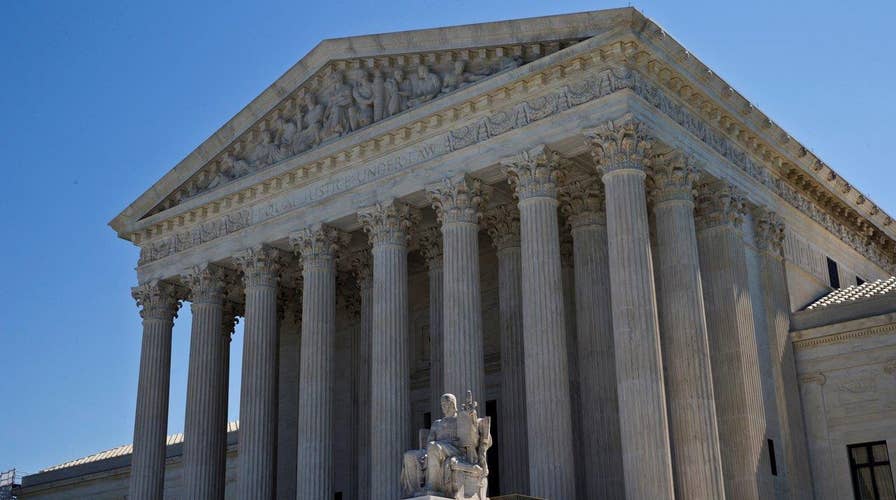Supreme Court upholds affirmative action program
High court rejects challenge to admissions program at University of Texas
The Supreme Court on Thursday upheld the use of race in college admissions for the University of Texas, rejecting a challenge brought by a white woman to the affirmative action program.
The court ruled for the university in a tight, 4-3 decision, marking the second time the court has affirmed the use of race in the admissions process. The decision will make it easier for public universities to justify compelling reasons for a limited use of race criteria in admissions.
The court had sidestepped the broader constitutional issues in a similar case three years ago, but on Thursday upheld the university policy as "lawful under the Equal Protection Clause."
"[I]t remains an enduring challenge to our Nation’s education system to reconcile the pursuit of diversity with the constitutional promise of equal treatment and dignity," the majority opinion said.
The university considers race among many factors in admitting the last quarter of incoming freshmen classes. Texas fills most of the freshman class by guaranteeing admission to students who graduate in the top 10 percent of their Texas high school class.
The court’s three more conservative justices dissented.
In his scathing dissent, Justice Samuel Alito called the program "discriminatory" and questioned how it could be upheld.
"Even though UT has never provided any coherent explanation for its asserted need to discriminate on the basis of race, and even though UT’s position relies on a series of unsupported and noxious racial assumptions, the majority concludes that UT has met its heavy burden. This conclusion is remarkable—and remarkably wrong," he wrote.
The majority opinion said the university should continue to use data to "scrutinize the fairness of its admissions program."
Justice Anthony Kennedy said in his majority opinion that the Texas plan complied with earlier court rulings allowing colleges to take account of race in pursuit of diversity on campus.
"Considerable deference is owed to a university in defining those intangible characteristics, like student body diversity, that are central to its identity and educational mission," he wrote.
The case centered on Abigail Fisher, a white Texan who was denied admission to the university's flagship campus in Austin in 2008.
Fisher claimed she was rejected while African-American applicants with lower grades and test scores were admitted.
The school said Fisher, who did not graduate in the top 10 percent of her high school class, would not have been admitted with or without race as a factor. But officials did conditionally offer to allow her to transfer in as a sophomore if she maintained a 3.2 grade point average at another public college in Texas.
Instead, Fisher went to Louisiana State University, from which she graduated in 2012, and pursued her lawsuit.
Fisher was recruited for the suit by Edward Blum, an opponent of racial preferences who has been remarkably successful in persuading the Supreme Court to hear cases challenging the use of race in education and politics.
Blum was behind a major challenge to the landmark Voting Rights Act that resulted in the court eviscerating a key provision of the law and he also led an unsuccessful challenge to states' widespread practice of counting all their residents, not just those eligible to vote, in drawing legislative districts.
Justices heard Fisher's case once before, and issued an inconclusive ruling in 2013 that sent her case back to a lower court and set the stage for Monday's decision.
In 2003, the justices reaffirmed the consideration of race in the quest for diversity on campus. Their decision then set a goal of doing away with such programs in 25 years.
Texas is unique in marrying the top 10 plan to a separate admissions review in which race is one of many factors considered.
The university's current freshman class is 22 percent Hispanic and 4.5 percent African-American. White students make up less than half the school's freshmen.
Eight states prohibit the use of race in public college admissions: Arizona, California, Florida, Michigan, Nebraska, New Hampshire, Oklahoma and Washington.
The Obama administration, dozens of colleges and many of the nation's largest businesses support Texas in defending its program.
Fox News' Bill Mears and The Associated Press contributed to this report.

























